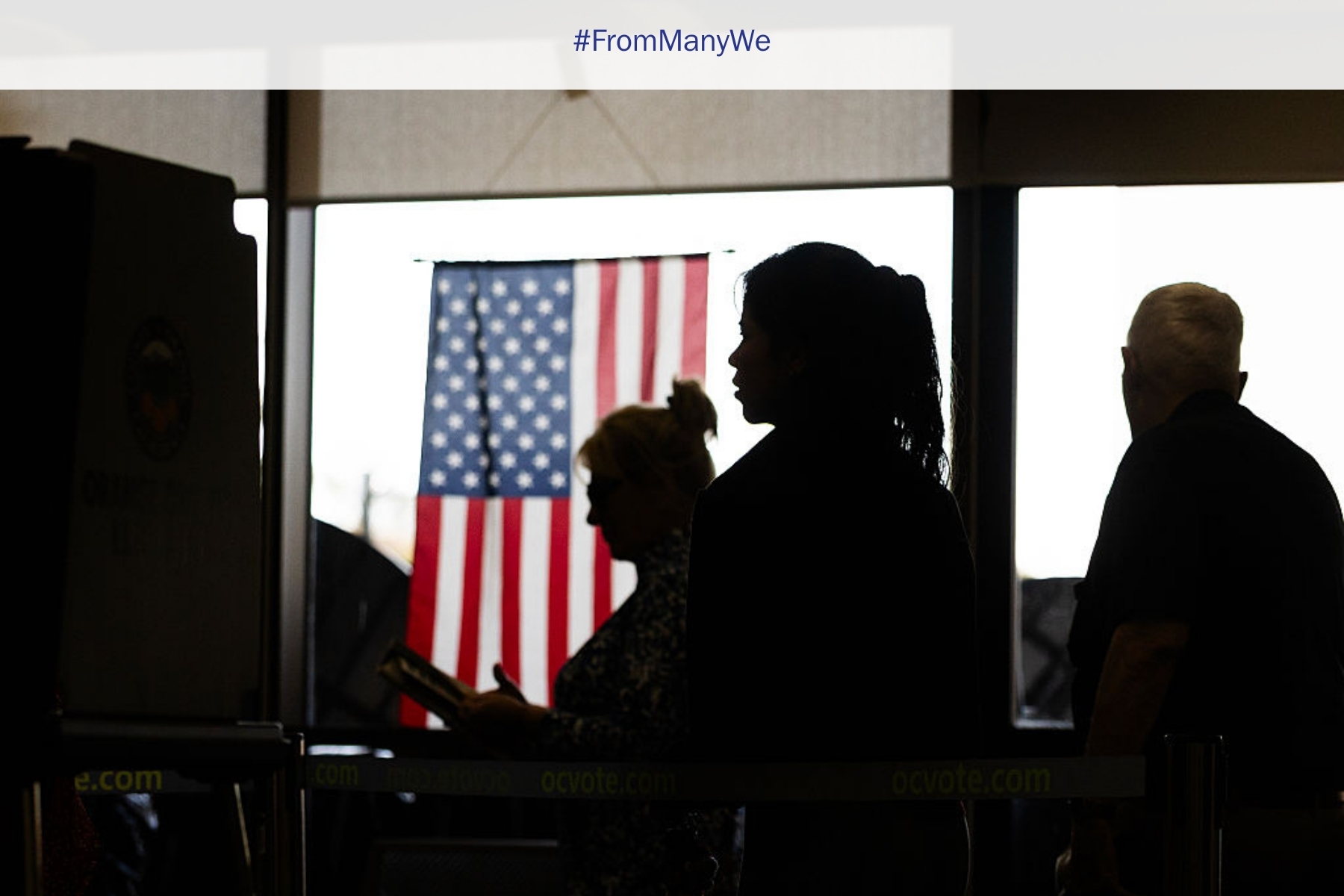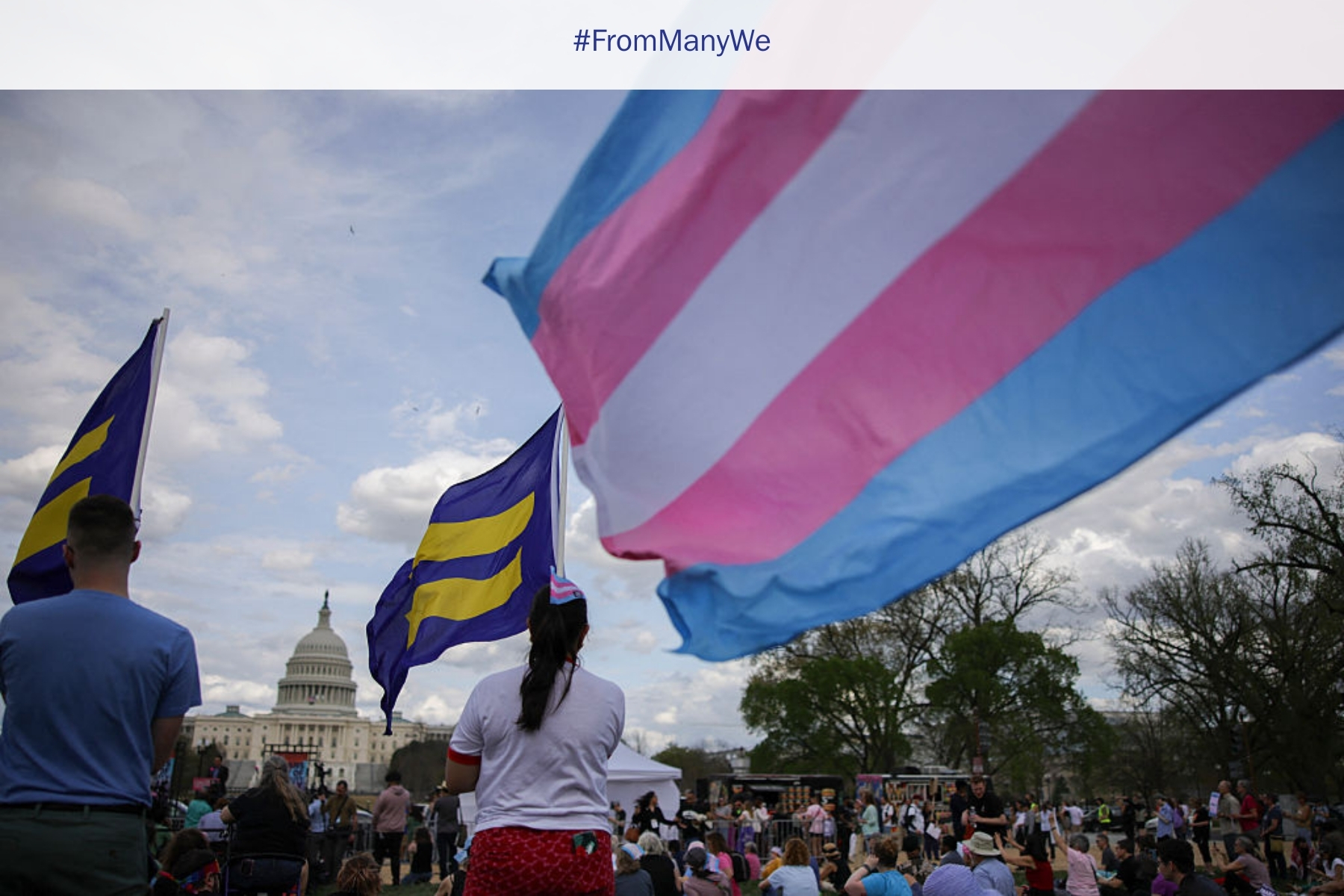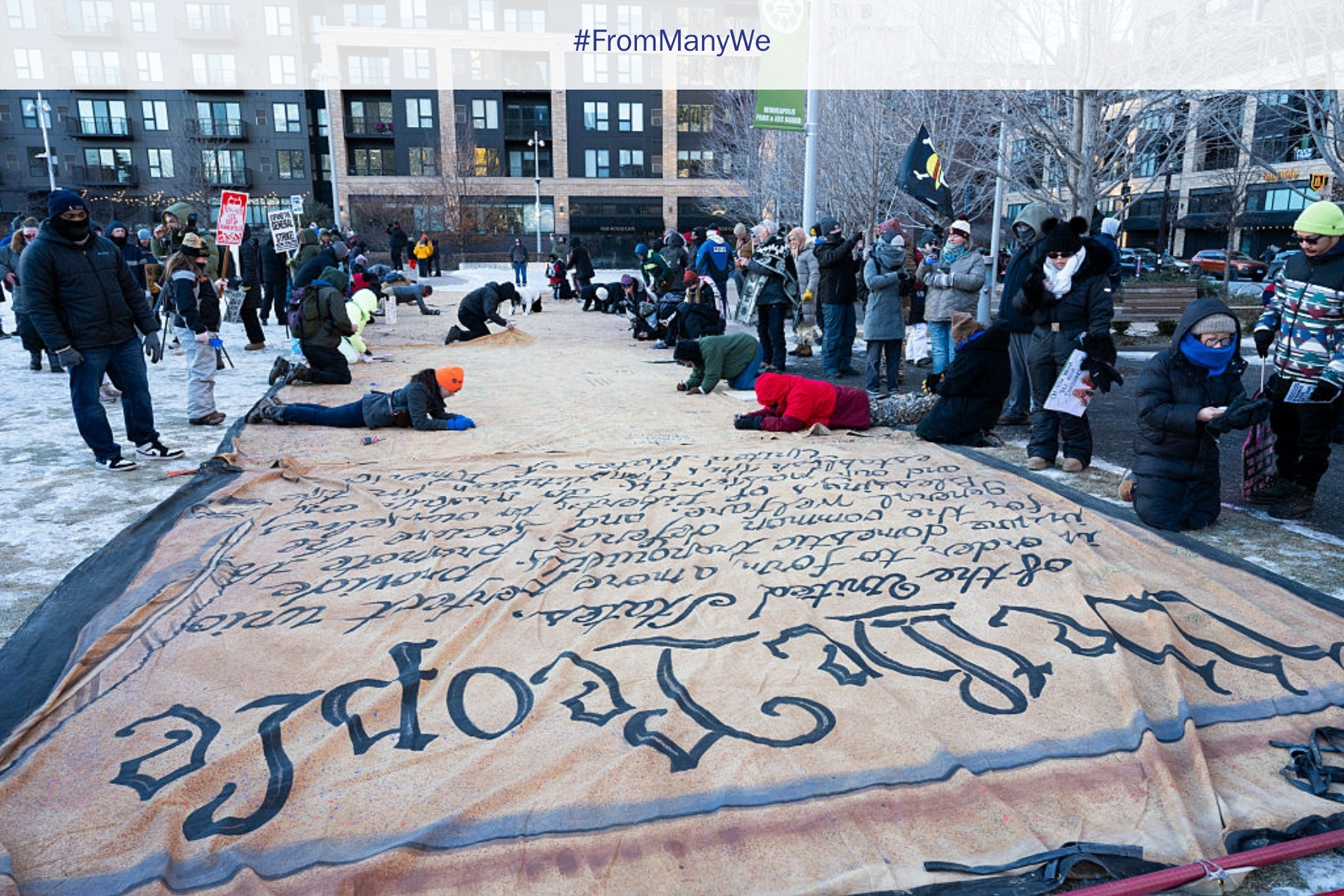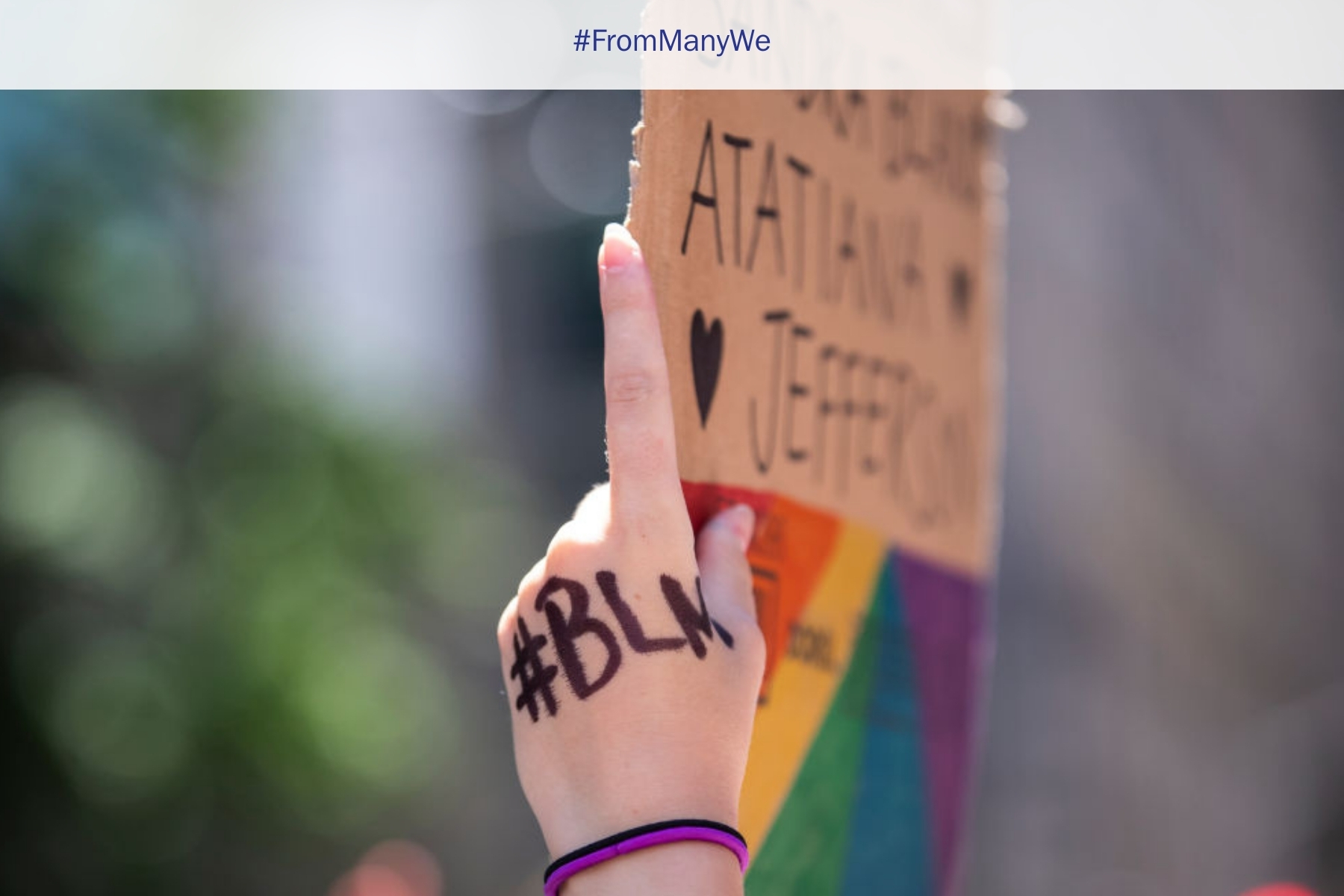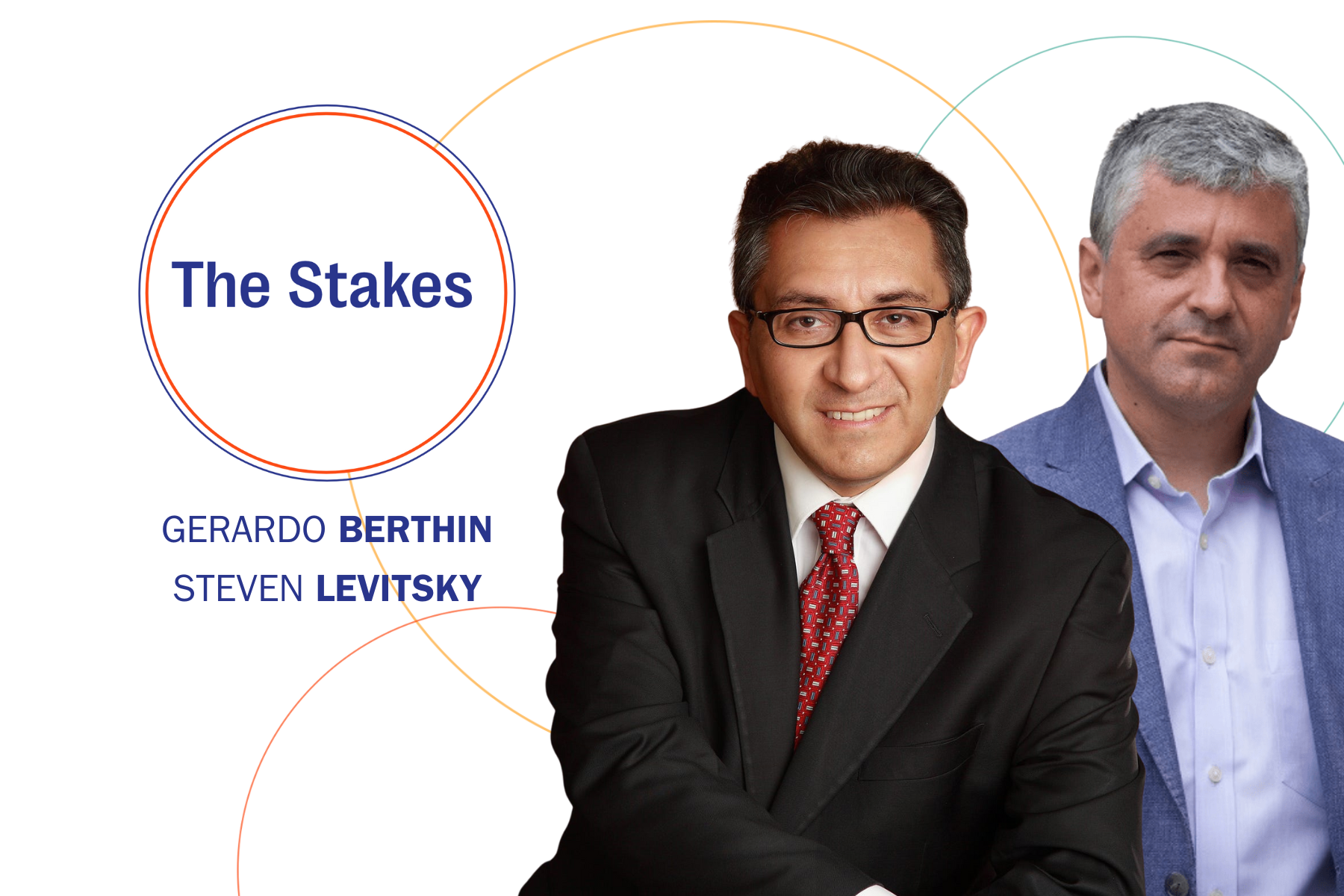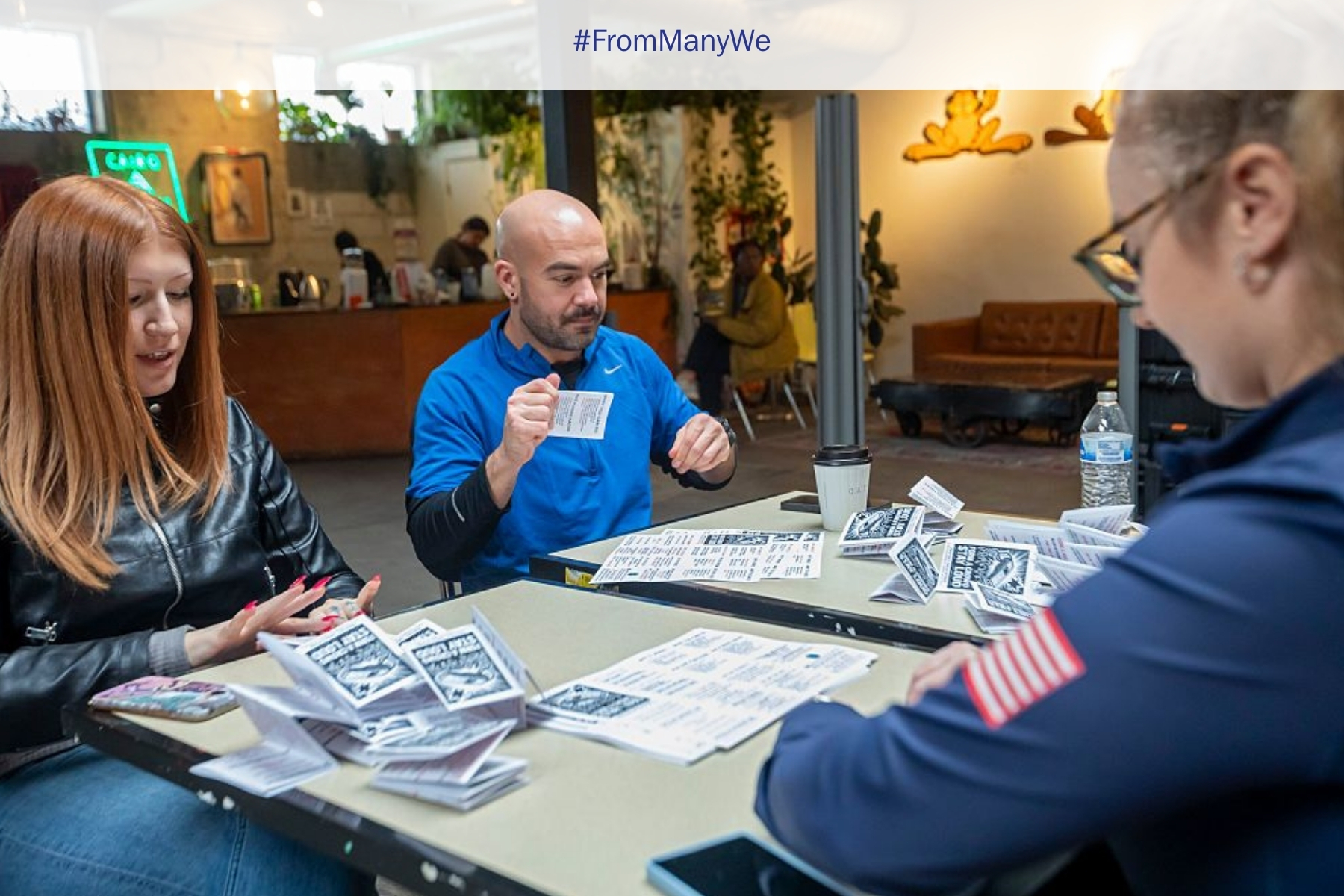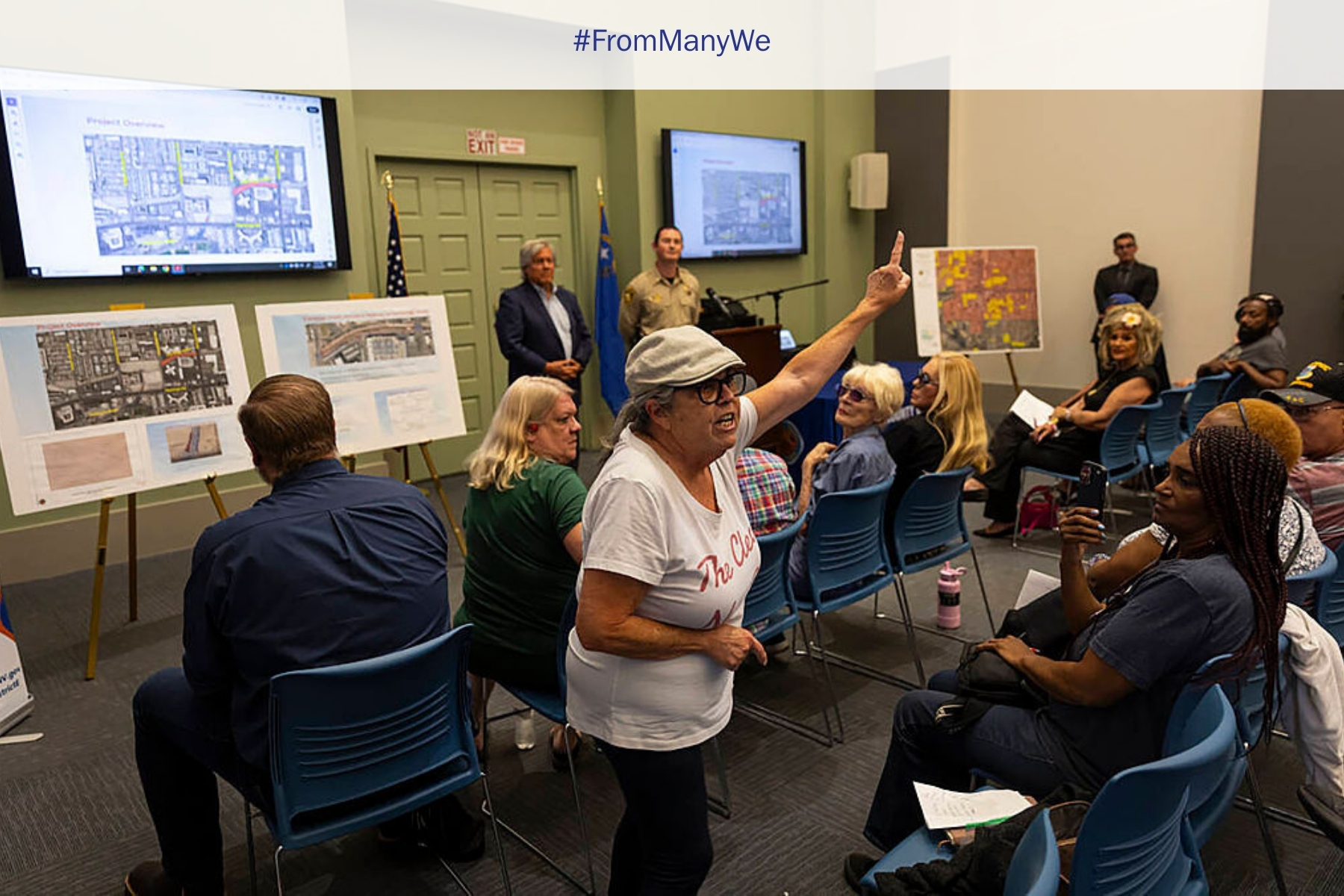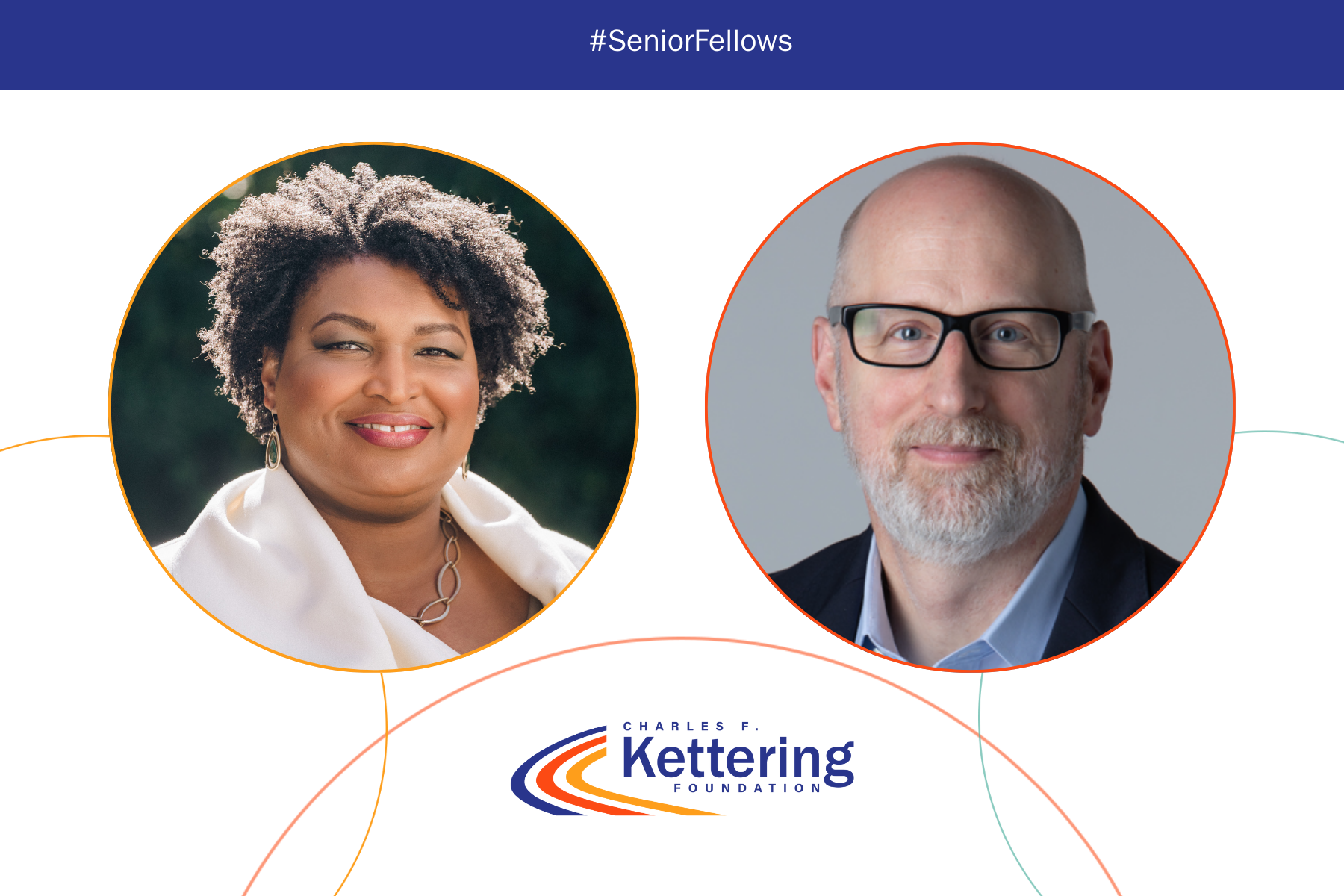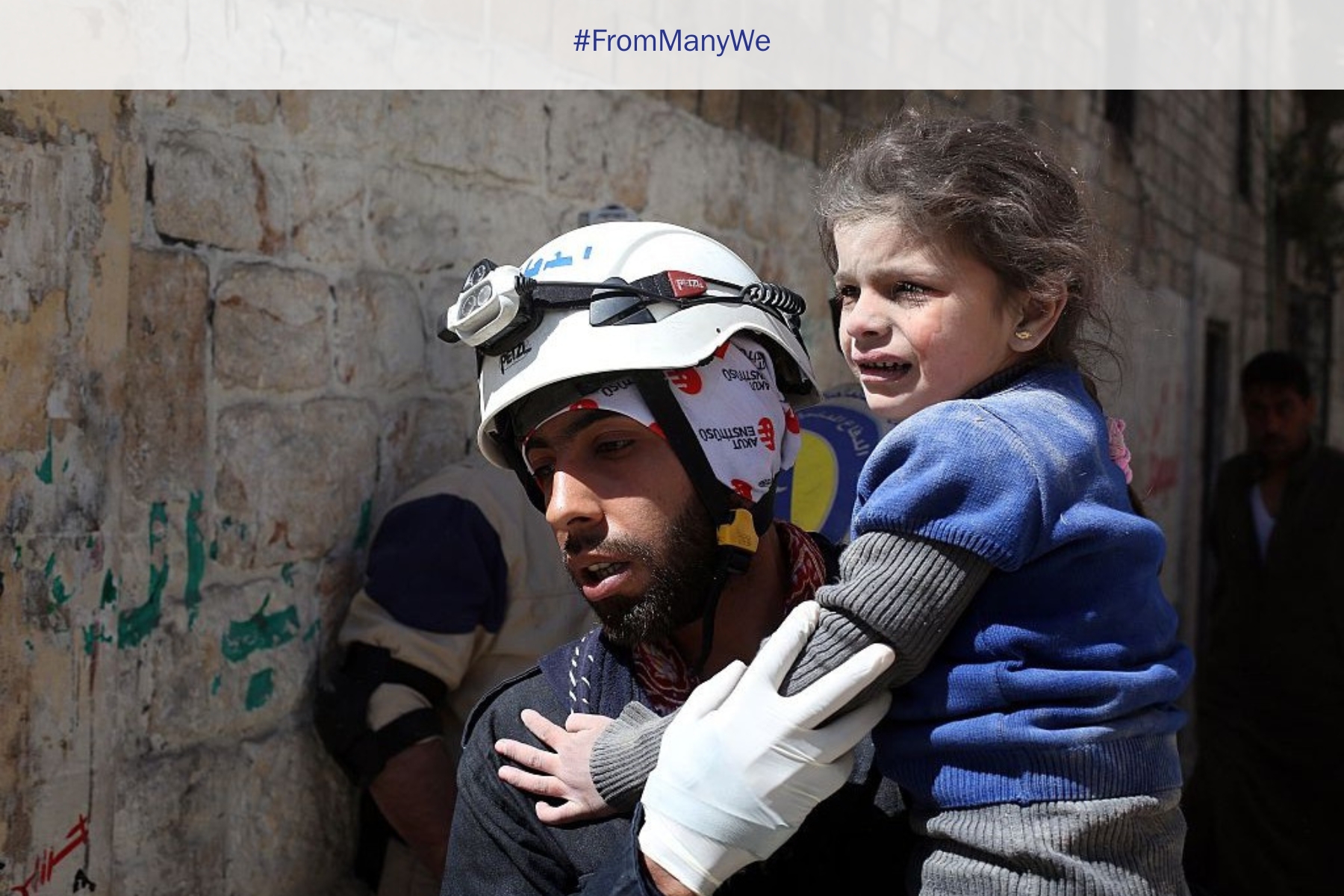Election Integrity: A Pathway to Democracy
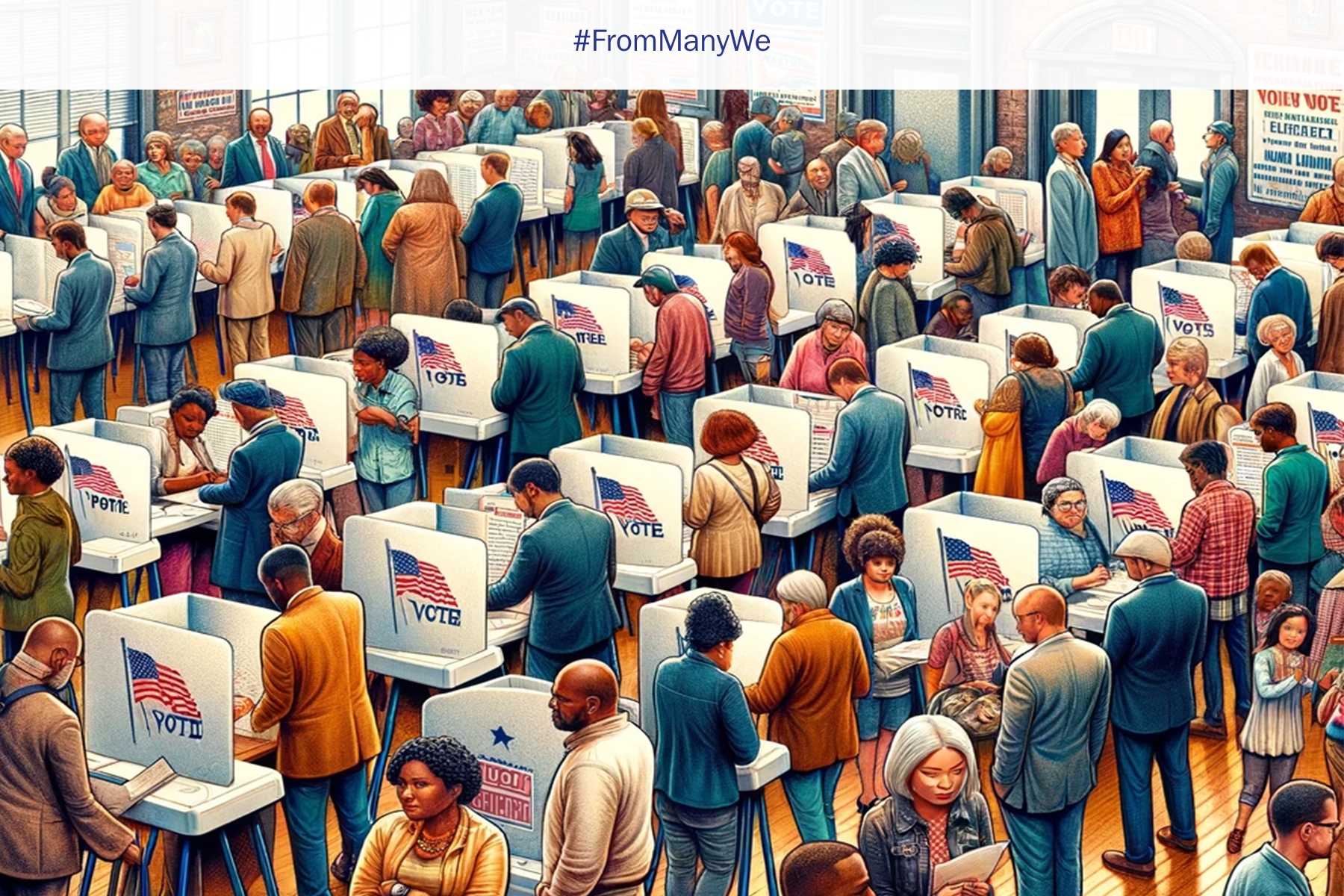
Many Americans appear to be losing faith in the integrity of our elections. While over 60 lawsuits were filed challenging the outcome of the 2020 presidential election, each was dismissed. But there are people who still continue to challenge the results, and these vocal objections are undermining people's confidence in the system. Our democracy is in jeopardy. The differing opinions and heated debates around the topic hinder progress and increase voter distrust of the system. However, there are ways forward to breach this seemingly unyielding chasm.
Finding Common Ground
Most Americans want a fair electoral process that upholds the principles of our democracy. Once that common understanding is established, constructive dialogue and problem-solving can begin. This requires a safe space where people can engage in open and respectful conversations without personal attacks. Individuals need to be able to express their opinions without the fear of being criticized or threatened. The National Institute for Civil Discourse has developed tools that have allowed thousands of people to engage in constructive dialogue around critical issues. Local media outlets have held town meetings as have some officeholders. The Forward Party, a new political party that supports election reform and empowers local leaders, requires their candidates to sign a pledge signifying that they will respect and consider differing viewpoints and provide safe opportunities to discuss issues.
Security, Oversight, and Education: A Roadmap to Election Integrity
Once a sense of common understanding is established, concrete steps to increase the confidence of voters can begin to be fleshed out. Transparent and secure voting systems with advanced technology will help to ensure an accurate vote and can protect against hacking attempts. Most Americans support these actions, which are being enacted by many states. Combating disinformation is a constant challenge, and the officeholders responsible for the oversight of elections need to be constantly correcting untrue allegations of tampering with the system.
The establishment of independent election oversight is critical to restoring voter confidence. Bipartisan or nonpartisan groups designated to oversee elections can increase the comfort level of voters but only if coupled with the authority to investigate claims over voter fraud and irregularities. Again, these types of actions are being undertaken in many states.
Voters themselves need to be educated as to the responsibilities of the various officeholders who oversee elections: secretaries of state, the state's attorney generals, and governors. Familiarity with how the actual day of voting will proceed, what to expect when arriving at the polls, and how to use the voting machines to cast ballots is also important. Both the States United Democracy Center and several secretaries of state are starting to provide this sort of information prior to elections. Law enforcement that has been specifically trained to provide protection at polling places can also enhance voter confidence.
The Ultimate Pathway to Democracy: Working Together
Achieving consensus on election integrity is a challenging but necessary undertaking for the health of any democracy. By acknowledging shared goals, fostering respectful communication, promoting transparent voting systems, establishing independent oversight, and implementing voter education programs, we can increase the public's confidence in our election results.
Only by working together can we strengthen the trust and integrity of our democratic process and increase voter participation.
Christine Todd Whitman is the former governor of New Jersey, former administrator of the Environmental Protection Agency, the co-chair of the Forward Party and The American Security Project, and a Charles F. Kettering Foundation senior fellow.
From Many, We is a Charles F. Kettering Foundation blog series that highlights the insights of thought leaders dedicated to the idea of inclusive democracy. Queries may be directed to fmw@kettering.org.
The views and opinions expressed by contributors to our digital communications are made independent of their affiliation with the Charles F. Kettering Foundation and without the foundation’s warranty of accuracy, authenticity, or completeness. Such statements do not reflect the views and opinions of the foundation which hereby disclaims liability to any party for direct, indirect, implied, punitive, special, incidental, or other consequential damages that may arise in connection with statements made by a contributor during their association with the foundation or independently.
